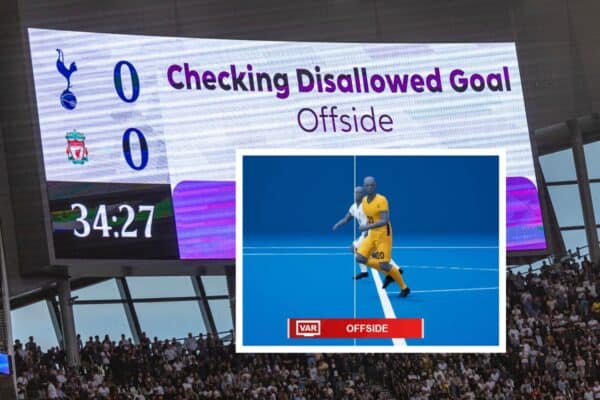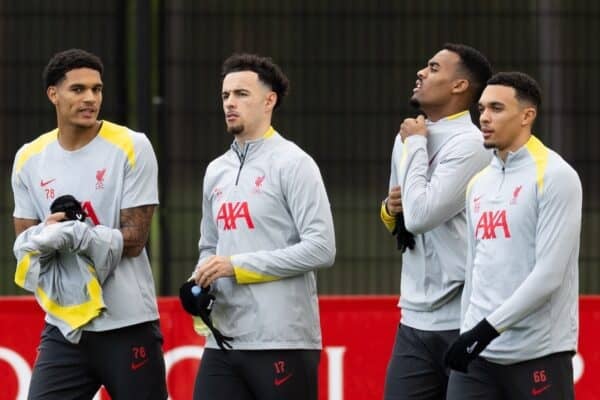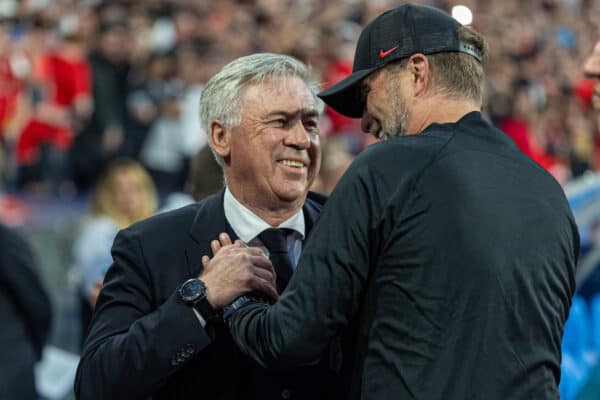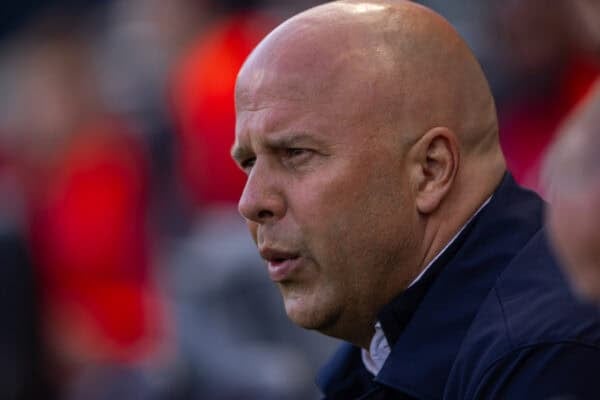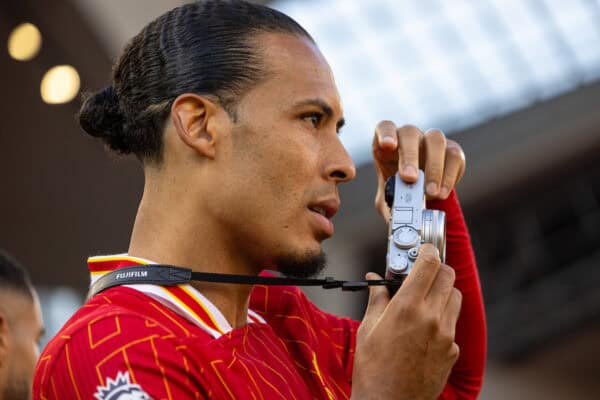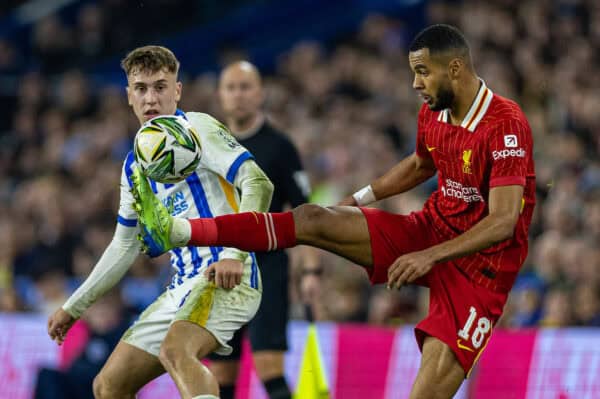Semi-automated offside technology is still on course to make a belated debut in the Premier League this season.
The technology, which league officials hope will shave an average of 31 seconds off the time it takes to check for offside, was originally supposed to be brought in after one of the international breaks last autumn.
Those deadlines came and went, and the league faced criticism over why it had not adopted a semi-automated system already tried and tested in another competition.
Even the Premier League‘s chief football officer Tony Scholes has admitted to “severe doubts” about when the system, developed by Genius Sports, would finally be given the green light.
However, he said “significant progress” has been made in recent weeks and that SAOT was now close to being brought in.
“The system that we’ve adopted, we believe it to be the best system,” he said.
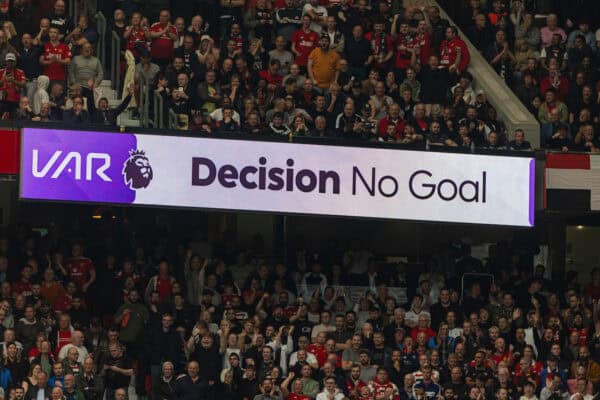
“We believe it to be the most accurate and the most future-proof system as well. I have to confess, given the difficulties that we had over the first few months of the season, I had severe doubts about this, but the progress made over the last four to six weeks has been significant.”
Scholes insisted introducing it with potentially only a handful of games to go would not create an integrity issue.
“The operation of semi-automated offside technology does not change the integrity of the offside law and doesn’t change the integrity of decision-making,” he said.
“We have got 100 per cent accuracy (on offside after VAR checks) this season, so it won’t improve the accuracy. What it does is make the process more efficient.”
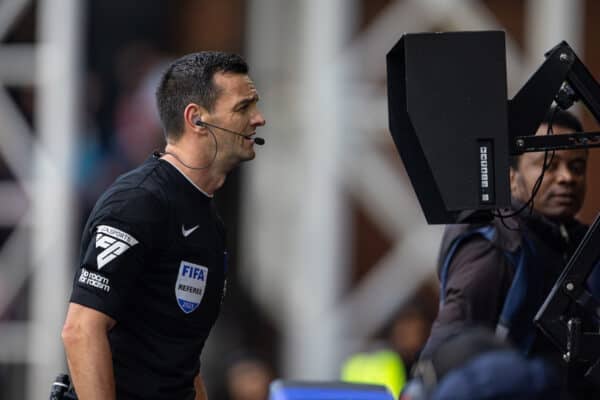
In an effort to improve communication to fans, particularly those in stadiums, Scholes said it is likely referees will announce the outcome of VAR reviews from the start of next season, a protocol currently being trialled in this season’s Carabao Cup semi-finals.
Scholes said the Premier League would also continue lobbying to be able to broadcast the live audio between referees and VARs, which is currently not permitted by the game’s lawmakers, the International Football Association Board (IFAB).
Data from the Key Match Incidents (KMI) panel for the season up to the 23rd match round found a total of 13 VAR errors – four where the VAR overturned a correct decision taken on the field and nine missed interventions. That was a drop from 20 such errors recorded at the same point last season.
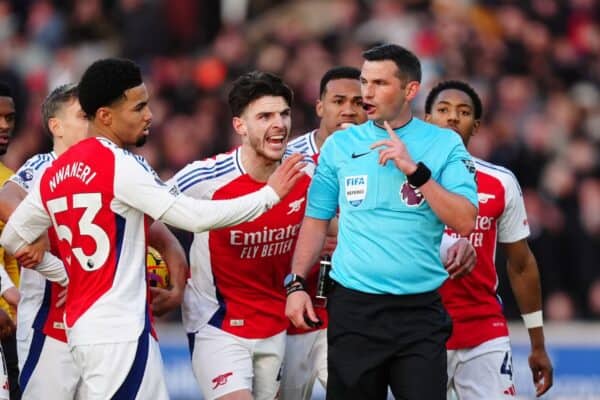
The period covered includes Michael Oliver’s red card for Arsenal‘s Myles Lewis-Skelly against Wolves on January 25 for a foul on Matt Doherty which has since been rescinded by an independent regulatory commission under the auspices of the Football Association.
The Premier League did not say whether that had been deemed an incorrect on-field decision, a missed intervention, or both. It is understood the KMI panel findings for the round of matches including the Lewis-Skelly dismissal have not been circulated to clubs as yet.
“Nobody here underestimates the significance and the impact of one single error,” Scholes said, speaking generally about the KMI panel findings for the season rather than the Oliver incident.
“We know that one single error can cost clubs. Points can cost and results can cost managers positions, potentially players their place. They are significant.
“They are hugely important in a game of such high stakes. So our absolute objective is to reduce that number down as far as we can.”
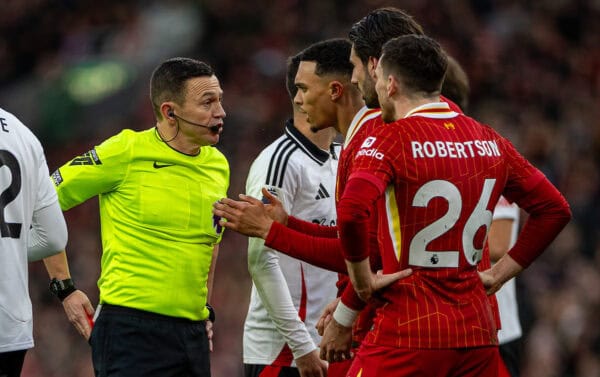
Decision-making accuracy after VAR checks improved from 95.7 per cent to 96.4 per cent.
Scholes pointed out that the KMI panel found 66 of the 70 VAR overturns were correct.
“It’s absolutely right that we keep pushing these officials, that we keep pushing them to be as good as they can be, but it’s also right that we acknowledge progress is being made,” he said.
“We do not get the best performance out of people we are constantly criticising, that we are constantly beating up over errors made, it’s right that we should recognise the progress.
“These guys are good, and the rest of the world see that. The rest of the world recognise how good they are. If we benchmark them against previous years, they’re very good as well.”
There was criticism not just of Oliver’s on-field decision on Lewis-Skelly, but also VAR Darren England’s failure to advise a review at the pitchside monitor.
Scholes said VARs were trained to have the “courage of their convictions” to call for a review even where an on-field official was more senior.
“If it’s a factual decision, then (the VAR will) overturn it on their own, and I don’t think anyone’s got a real issue with that,” he said.
“If it’s a subjective decision, it goes to the referee on the pitch anyway. So the VARs are trained, are developed, to ignore who the individual is on the pitch effectively, and make the decision based upon what they see in front of them.”
